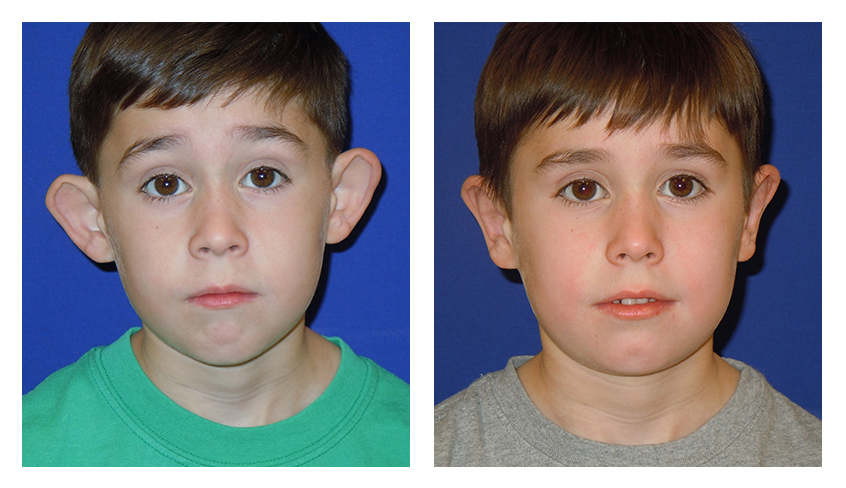Otoplasty is a form of cosmetic surgery wherein the outer part of the ear is reshaped to make it look better. There are various reasons as why a person would want this surgery. Some cases are even performed in children who are born partially or completely missing auricle (or outer part of the ear) since they have been the center of bullying. Some are for actors or celebrities in order to boost their appearance. Regardless of reasons, the surgical procedure can be performed in people in various age groups.

Types of Otoplasty
There are three major types of otoplasties and these are the following:
- Ear augmentation is performed for individuals who have non-existent or underdeveloped auricle. Usually the procedure requires using the cartilage from another part of a patient’s body in order to form a natural-looking ear.
- Ear reduction, on the other hand, can be performed when the auricles are too big. The ears are then reduced to make them appear smaller and more evenly shaped.
- Otopexy or ear pinback can be used for individuals with prominently protruding ears to ‘flatten’ them.
Complications
Just like any surgical procedure, otoplasty procedures, regardless of type, can bear risks and complications like the following:
- Bleeding or infection
- Anesthetic reaction
- Numbness around the incision area
- Hematoma
- Abnormal scar tissue or keloid
- Distortion of the ear’s shape
Important Reminder
If you’ve decided that you need ostoplasty, just be sure that you enlist the service of a board-certified plastic surgeon. There have been documented cases wherein victims sought help of quack doctors because of price difference. In the end, they did not get the help they need but had even bigger problems.
